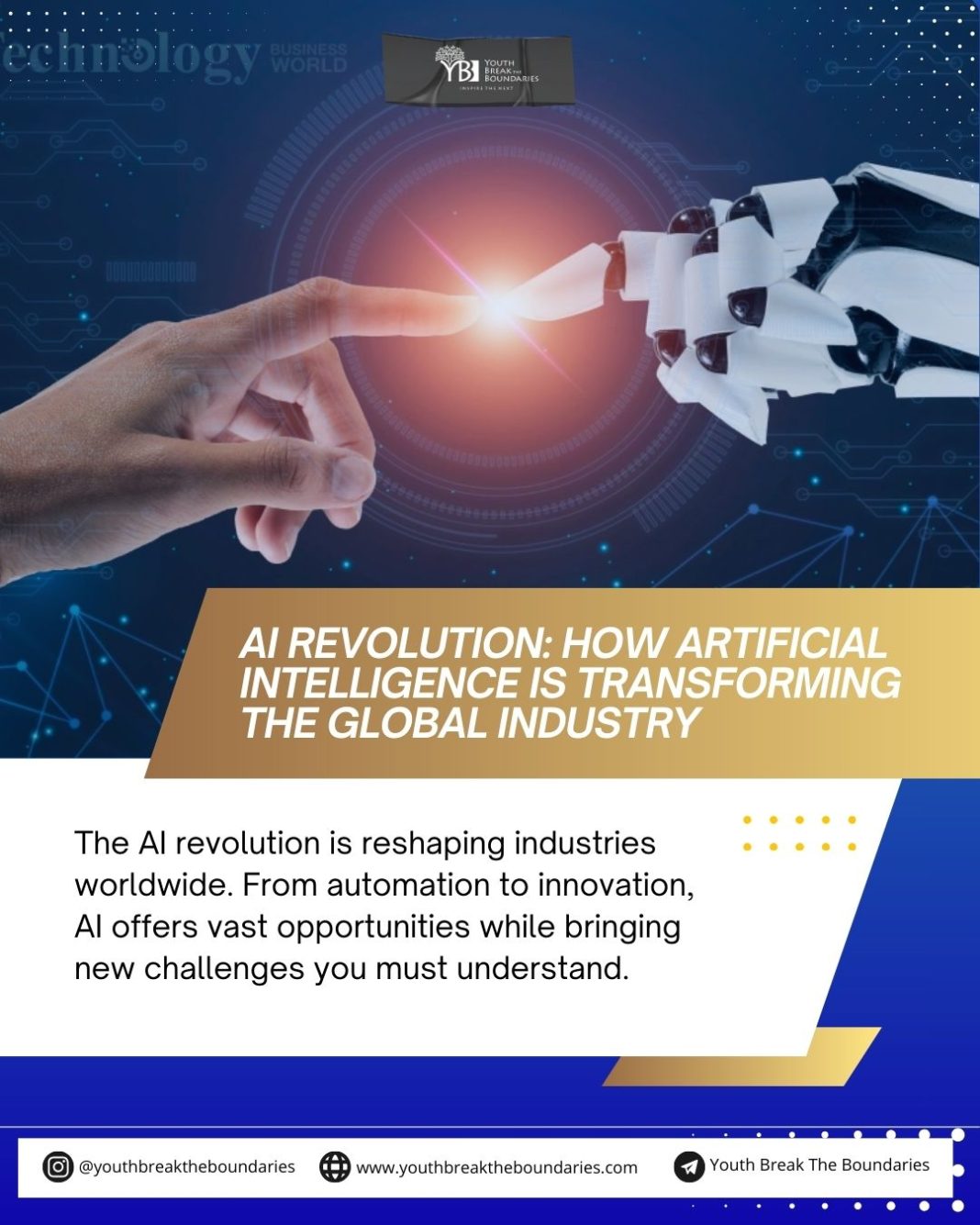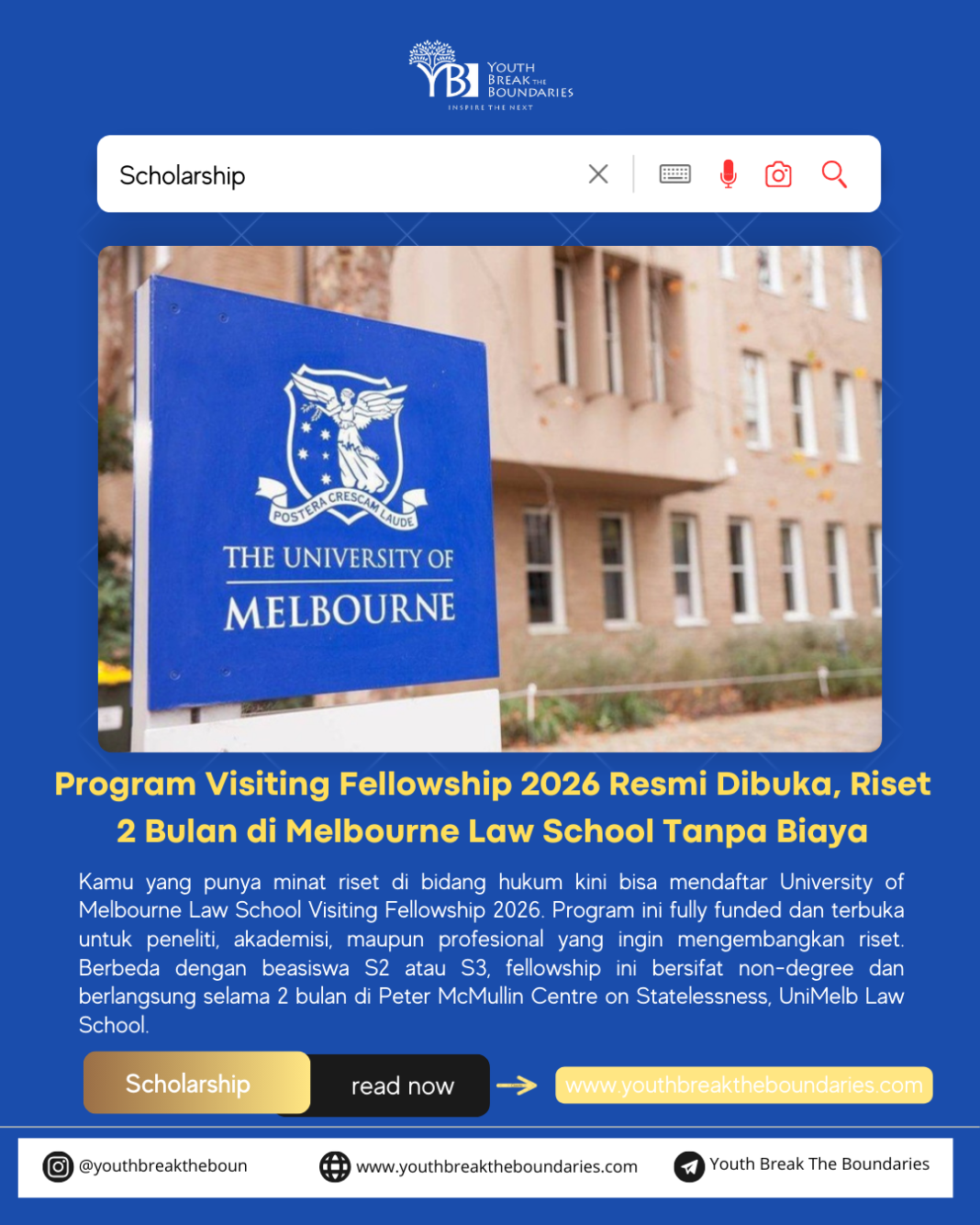AI and the Industrial Paradigm Shift
Artificial Intelligence (AI) is no longer a futuristic concept—it is now part of daily life. From online shopping recommendations to AI-powered customer service and big data analysis, AI has become an essential element of modern industries.
This revolution pushes companies to transform faster. Processes that once took weeks can now be done in minutes thanks to intelligent algorithms.
Also read: Tips Mengatasi Writer’s Block dalam Karya Ilmiah
The Impact of AI on the Workforce
AI opens enormous opportunities for productivity. Many routine tasks can be automated, allowing humans to focus more on creativity, analysis, and strategic decision-making.
However, concerns remain about job displacement. Several traditional professions are gradually disappearing, replaced by automated systems. This reality requires you to develop new skills relevant to technological growth.
AI Innovations Across Sectors
Healthcare uses AI to diagnose diseases more quickly. Finance applies AI to strengthen security and market analysis. Meanwhile, the transportation sector is working on autonomous vehicles designed to reduce accidents.
Even the creative industry feels AI’s impact. Music, art, and even content writing can now be generated with AI, though human creativity is still vital to preserve originality.
Ethical and Security Challenges
Alongside its opportunities, AI raises serious challenges. Ethical issues, especially around data privacy and misuse, have become global debates. Many fear that limited access to AI technology could deepen social inequality.
Cybersecurity is also at risk. AI-powered attacks are harder to detect and potentially more destructive. Therefore, international regulations and policies are crucial to balance innovation and safety.
Also read: Edge Computing: A Tool to Support Smart Cities and Industry 4.0
The Future of AI and the Role of Youth
As part of the young generation, you play a key role in directing AI development toward positive outcomes. Learning, mastering, and innovating with AI will not only prepare you for the future but also ensure that this technology benefits society.
Investments in digital education, research, and cross-sector collaboration will be the foundation for an inclusive AI-driven future.
Conclusion
The AI revolution is reshaping the global industrial landscape. It offers great potential for efficiency and innovation but also carries risks that require attention.
With the right skills and mindset, you can be part of this transformation. Don’t miss the Japan Youth Summit by Youth Break the Boundaries, where technology and innovation will be central topics of discussion.





